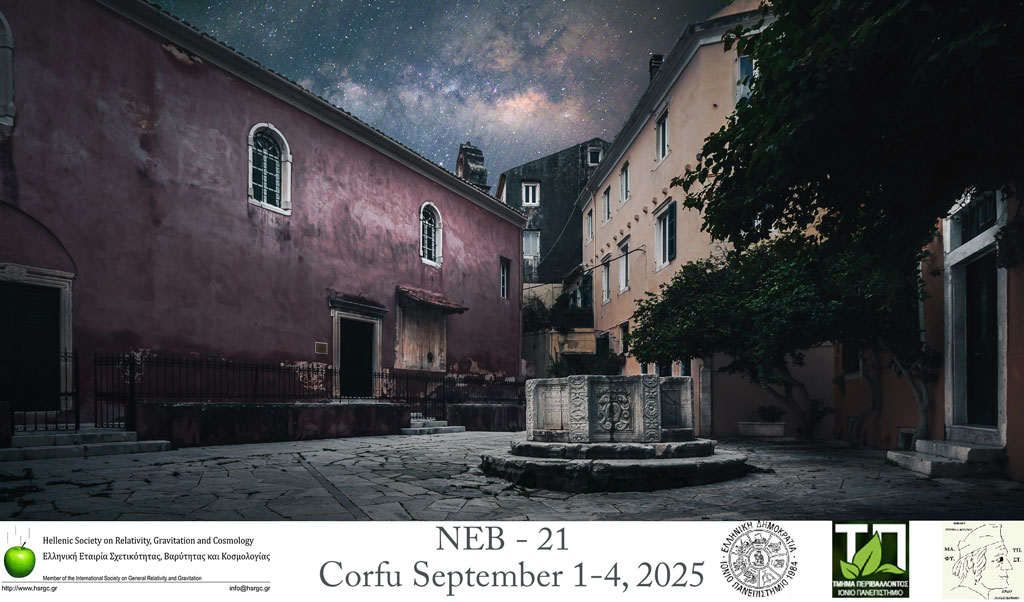Speaker
Description
The detection of gravitational waves (GWs) from compact binary mergers has transformed astrophysics and pushed the development of more efficient search methods. While matched-filtering remains the standard, the growing data volumes from LIGO, Virgo, and KAGRA have spurred interest in machine learning (ML) for its scalability. This work evaluates the sensitivity of AresGW model 1, an ML-based pipeline, using several month-long datasets with real detector noise. We measure performance by the number of recovered waveform injections and the sensitive distance at various false alarm rate thresholds. Tests on data with and without real GW signals reveal notable fluctuations in sensitivity due to dataset variability. These results highlight key challenges in ML-based detection, particularly with finite-duration data, and underscore the need for stronger statistical validation. Our findings aim to guide future benchmarking of both ML and traditional GW search methods.

